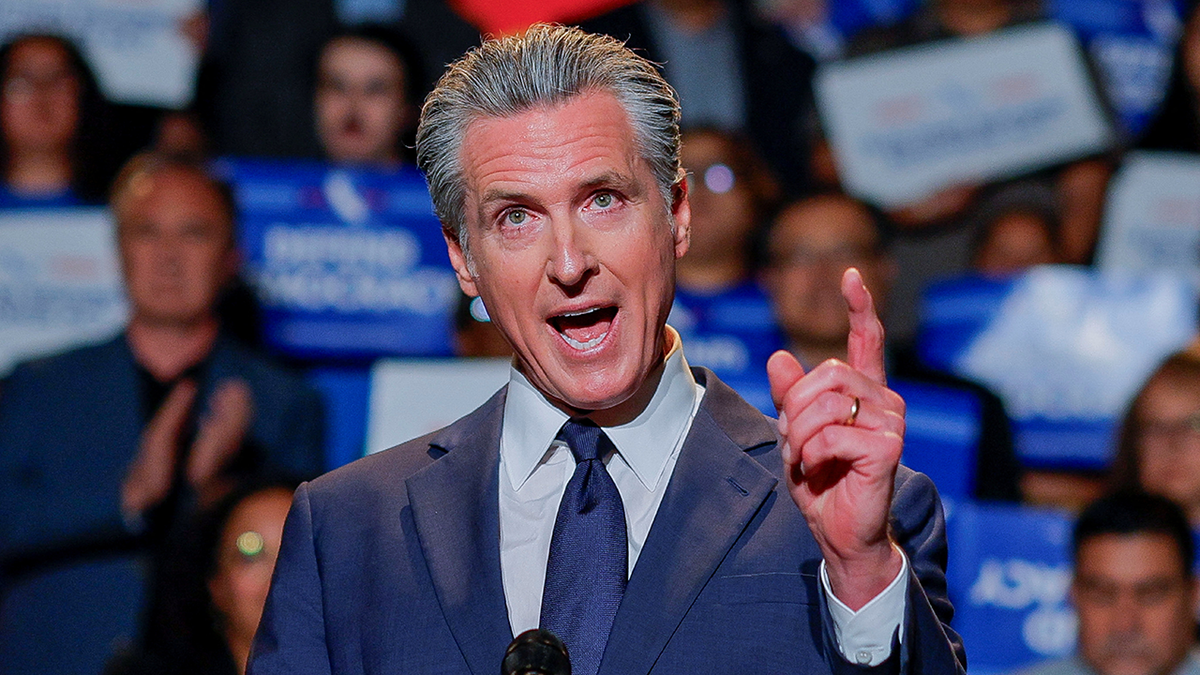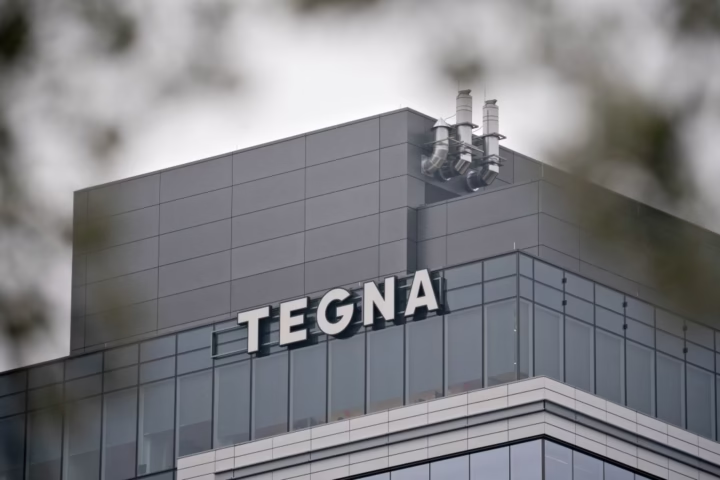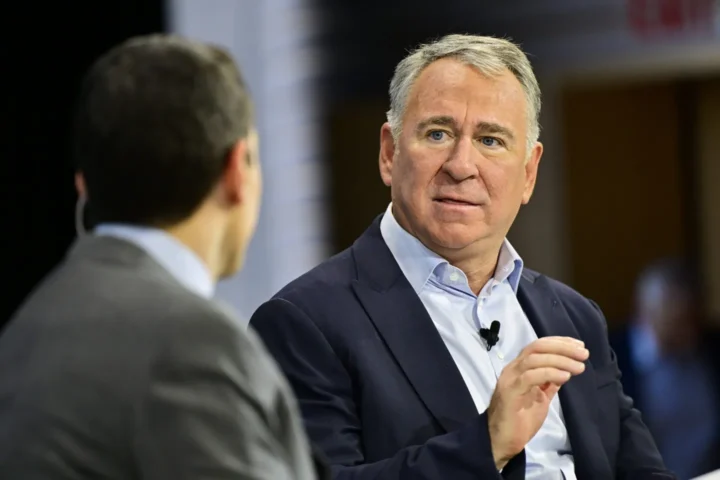California Gov. Gavin Newsom on Thursday signed the state’s newly minted Election Rigging Response Act in a livestreamed ceremony, framing it as both a safeguard for democracy and a direct rebuke to President Donald Trump’s expanding influence over federal immigration enforcement.
The bill calls for a special statewide election on November 4 that would allow Californians to vote on redistricting changes designed to add five new U.S. House seats for the state. Newsom argued the measure is necessary to “level the playing field” after Texas Republicans, at Trump’s urging, redrew their own maps to secure five additional congressional seats.
But it was Newsom’s stark warning about U.S. Immigration and Customs Enforcement (ICE) that drew the most attention. Speaking with evident urgency, the governor accused the federal agency of morphing into what he described as “a private army for Donald Trump.”
“Just last week, masked men descended on Little Tokyo and swept people away,” Newsom said, referring to federal immigration raids in Los Angeles. “That’s a preview of things to come all across the United States of America. Mark my words.”
Newsom linked the raids to what he called the militarization of domestic life under Trump, citing the recent federalization of the National Guard in Los Angeles and deployments of armed personnel in Washington, D.C.
At the heart of his warning was Trump’s recently passed “One Big Beautiful Bill,” a sweeping $175 billion package that directs massive new funding to immigration enforcement. The law includes provisions to hire 10,000 new ICE agents, award $10,000 annual bonuses for ICE and Border Patrol personnel over the next four years, and provide signing bonuses of up to $50,000 for new and returning recruits.
Newsom suggested the unprecedented funding levels, combined with the agency’s direct alignment with Trump’s political agenda, amounted to the creation of a personal security force.
“ICE and Homeland Security are increasingly becoming self-evident, to anyone with eyes wide open and any level of objectivity, a private army for Donald Trump, owing an oath only to him, not the Constitution of the United States,” Newsom said.
The remarks echo his earlier claims that Los Angeles is serving as a “preview” of a broader national crackdown. Civil rights advocates have likewise raised alarms about what they view as the blurring of lines between federal law enforcement and partisan politics.
Trump and his allies, meanwhile, have defended the bill as necessary to strengthen border security, crack down on undocumented immigration, and project federal authority in “lawless” urban centers. Supporters argue the incentives will help recruit and retain personnel for an agency that has long struggled with staffing shortages.
Still, Newsom framed California’s new election law as a counterbalance to what he called “democratic backsliding.” He cast the November 4 vote as a chance for Californians to push back against what he described as Trump’s bid to consolidate power through both redistricting maneuvers and federal force.
“This is not just about seats in Congress,” Newsom said. “It’s about whether we still live in a democracy — or in a country where one man commands a private army and redraws the map to hold power indefinitely.”
The upcoming special election promises to be a flashpoint in the escalating feud between the Trump White House and the nation’s most populous Democratic stronghold.








